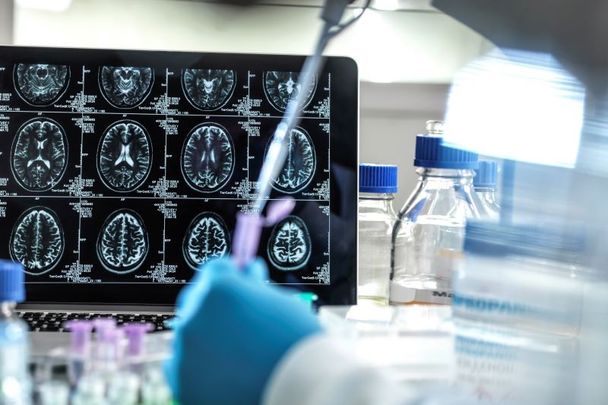Researchers from Trinity are collaborating with those from the University of Oxford on a new project that will provide access to high-quality, “live” human brain biosamples. They believe this approach has the potential to revolutionize research for the benefit of patients.
The UK Brain BioLink project (2023-2026), funded by the Medical Research Council, will facilitate the move from static to dynamic human neuropathology (nervous system) through the regular, quality-assured provision of live tissues using a network of laboratories in the United Kingdom and Ireland (Aston, Dublin, Oxford and Southampton).
The project aims to facilitate rapid access to high-quality, well-characterized human brain biosamples and data for translational and basic neuroscience research.
The current system of collecting brain tissue from donors to promote research into disorders of the central nervous system does not offer what neuroscientists need. It is focused on traditional post-mortem approaches (not living nervous tissue). It is biased toward end-stage neurodegeneration, not technology-driven, inflexible and in many cases is expensive due to fragmentation.
Professor Mark Cunningham, Ellen Mayston Bates Professor of Neurophysiology of Epilepsy at Trinity College Dublin, said “This work will ultimately benefit patients by improving the approaches by which new drugs can be developed for conditions such as epilepsy and other diseases of the human nervous system.”
In 2012, Mayston-Bates left a bequest in her will to give money to Trinity to set up a comprehensive epilepsy program, which includes preclinical and clinical work.
The project will impact academic translational neuroscience, allowing researchers to use biosamples to define normal or abnormal functions of the human nervous system.
This builds on Professor Cunningham’s work that has pioneered the establishment of a research platform with colleagues at Beaumont Hospital/RCSI and the SFI-funded FutureNeuro center to conduct electrophysiological studies on live human brain tissue obtained from patients undergoing neurosurgical procedures as part of their treatment for drug-resistant epilepsy.




Comments